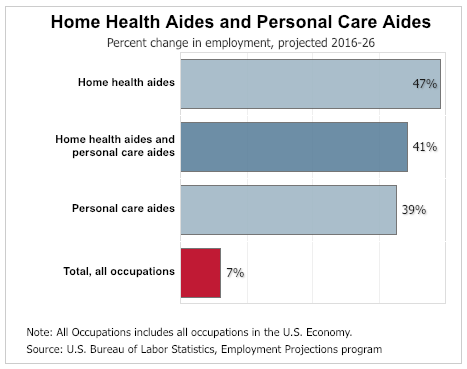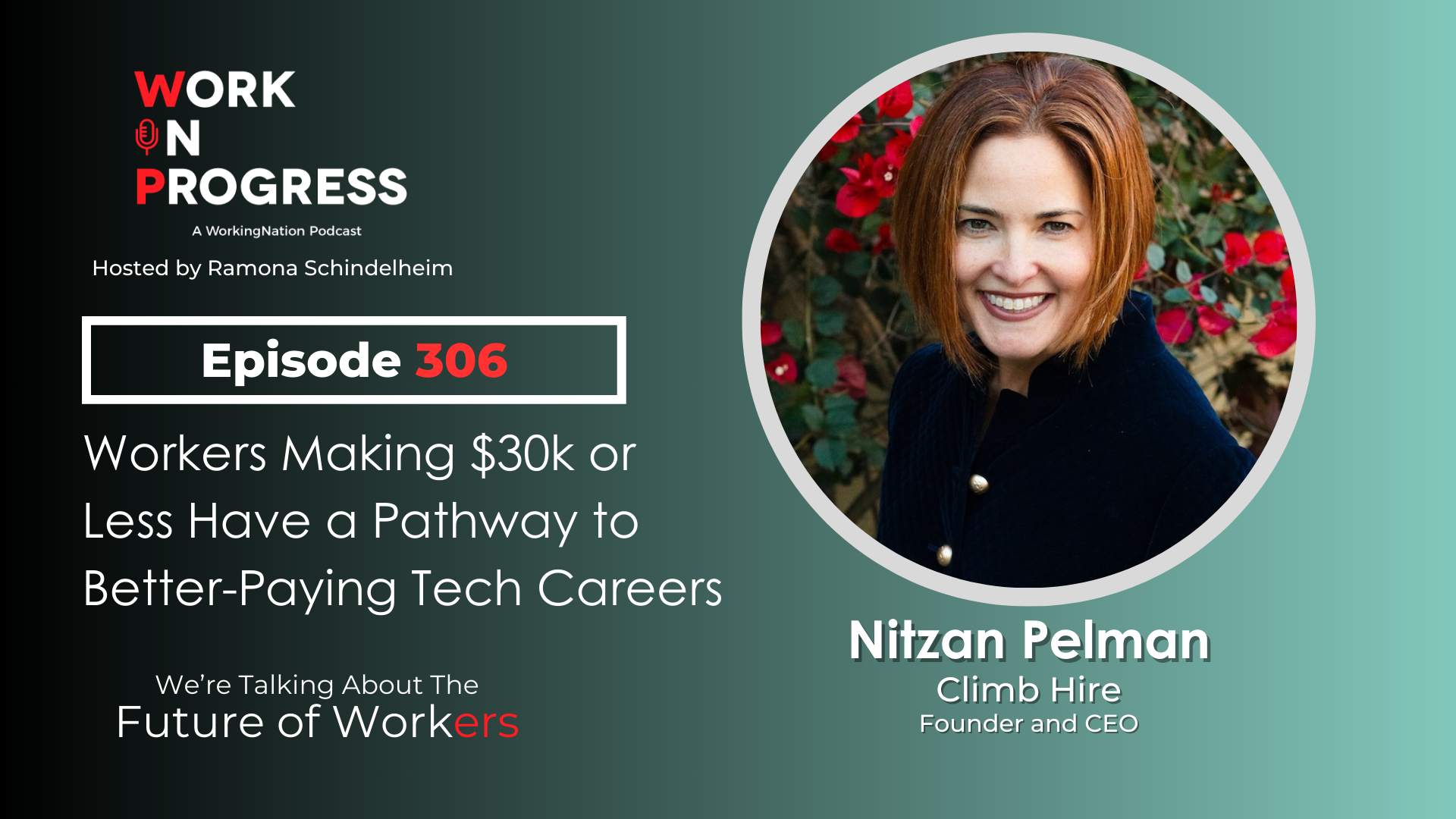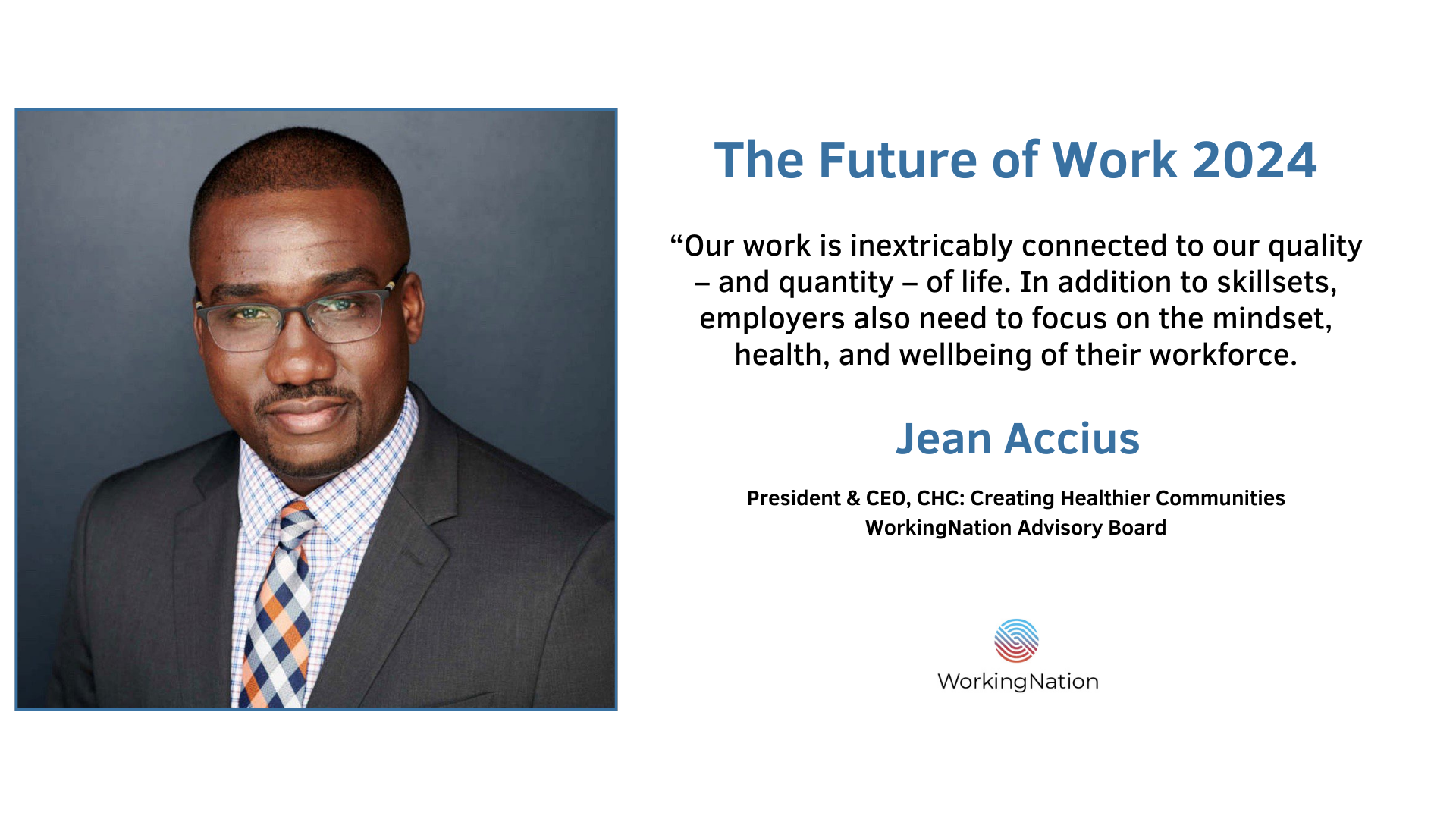It’s a profession without prestige, fortune, or fanfare. Whether it’s caring for a child or a relative in need of constant care, caregivers are a lifeline for our loved ones in need of assistance. The relationship between a caregiver and client while professional is also extremely personal and forms an inevitable bond.
It’s a bond depicted in Alfonso Cuarón’s latest film, Roma, a semi-autobiographical drama dedicated to the woman who entered Cuarón’s life as the family’s nanny when he was just nine months old. The film is a moving and emotional portrait of a time in her life. A life separate and yet intertwined with the family with whom she still has ties with to this day.
Cuarón’s film is striking a chord with audiences and critics. It has garnered more than 130 wins including a Golden Globe for Best Motion Picture – Foreign Language and is nominated for 10 Academy Awards, tied for the most by any movie this year. It has also caught the attention of activists around the world who have been fighting for the rights of domestic workers who devote their lives to helping others.
Fueling the Fire for Change

Ai-jen Poo, the Executive Director of the National Domestic Workers Alliance and Co-Director of Caring Across Generations, has been a catalyst for change in the labor conditions of caregivers since 1996. In 2010, her work resulted in the passage of Domestic Workers Bill of Rights into law in New York, the first in the United States to guarantee domestic workers basic labor protections such as overtime pay, three days’ paid leave, and legal protections from harassment and discrimination.
The film moved Poo so much she wrote op-eds for The Hollywood Reporter and Broadly endorsing the film and the opportunity it presents “to reflect on all the Cleos we know.”
“Roma fundamentally disrupts the notion that the women who do this work are less than women, mothers, lovers and heroines. It puts at the center, the unsung heroism of the work. And it poses a question: What would it look like to honor them in a new way? Now that we see, what could we do differently?” Poo wrote.
Following the film’s release, NDWA partnered with Roma and Participant Media to amplify the impact of the film. The organization created a website featuring domestic workers’ reactions to the film, statistics on their working conditions, and how you can help both as a citizen and employer.
The Caregiver Crisis
“The tidal wave of our rapidly-aging society is reaching its apex,” Poo said in an op-ed with Now This last year. “We’re about to have the largest older population we’ve ever had and really no policies or infrastructure to support it.”
NowThis on Twitter: “Here’s why we should be doing more to support our caregivers pic.twitter.com/o7in8k5dcY / Twitter”
Here’s why we should be doing more to support our caregivers pic.twitter.com/o7in8k5dcY
In America, 10,000 Baby Boomers turn 65 every day — more than double the size ten years ago. By 2050, the number of people aged 65 and over is expected to double again from 47.8 million to 88 million. So naturally, the demand for these workers is projected to skyrocket. According to the Bureau of Labor Statistics, overall employment of home health aides and personal care aides is projected to grow 41 percent from 2016 to 2026 — much faster than the average for all occupations.

However, low wages, poor working conditions, and a lack of benefits and career advancement opportunities are keeping many from considering caregiving as a way to make a living. And for those who do, it’s difficult for them to make ends meet. Seventy percent earn less than $13 an hour — with a median annual wage of $23,130 per year — and 65 percent have no health insurance, according to the NDWA. As a result, one in four home care workers lives below the federal poverty line, and over half rely on some form of public assistance.
If things don’t improve, by 2040, there will be a deficit of 350,000 paid care providers. This growing workforce gap, along with rising health care costs, is forcing working family members to quit their jobs to care for their loved ones putting a strain on family finances, in addition to their employer’s bottom line and the economy as a whole. A new report from the Harvard Business School Project on Managing the Future of Work revealed one-third of U.S. workers left a position during their career because of caregiving responsibilities.
RELATED: Companies lose out when employees’ caregiving burdens increase
“We are in a moment where we’ve got to support our caregivers [personal and professional] in a wholly different way,” Poo said.
There’s Still A Lot of Work to Do
Efforts to help caregivers have had mixed results. In the U.S., Hawaii became the first state two years ago to pass a law assisting family members caring for loved ones in their later years. The Kupuna Caregivers Assistance Act provides a stipend of up to $70 per day for people who work at least 30 hours per week while also caring for an elderly family member.
Maine added a similar universal home care bill — that would have been funded by raising taxes on high-earning Maine residents — appeared on the ballot last November. Voters rejected the proposal 63 percent to 37 percent. Opponents argued that the proposal and its funding mechanism were flawed, but supporters vow to continue the battle to bring universal home care to Maine.
On a federal level, strides were made in September 2015 when the Department of Labor finally granted home care workers the right to minimum wage and overtime protections. However, moves to overhaul the long-term care infrastructure, rewrite Medicaid rules to increase workers’ pay and benefits while lowering the out-of-pocket cost to clients do not appear to be in the near future.
MORE: Follow groundbreaking policy changes here.
Most efforts to improve conditions for home care workers has primarily fallen on organizations like Poo’s. WorkingNation featured one organization working to raise the wage and training standards of home health workers as part of our Do Something Awesome mini-documentary series.
A Path to Better Care: Filling the Demand for Home Care Providers | WorkingNation
The New York-based non-profit Paraprofessional Healthcare Institute (PHI) is working to improve the lives of people who need home or residential care by impr…
The Paraprofessional Healthcare Institute (PHI) partnered with the New York State Department of Health to create the Care Connections Project, aimed at reducing rehospitalizations of home-bound patients. PHI’s program is a 3-month training session for current home care workers to add to their caregiving skills to become a Senior Aide. The increase in skills can come with a higher paycheck and prestige, as seen in the case of our video subject, Marisol Rivera.
While Roma may have started as a personal journey for Cuarón, it’s become something much more significant as it shines a global light on a profession undervalued in today’s society. “… Roma gives us the opportunity to reflect on all the moral choices of our time. So that we may together write a new, more humane story about our shared future,” Poo wrote.
ROMA | Official Trailer | Netflix
A story that chronicles a tumultuous year in the life of a middle-class family in Mexico City in the early 1970s. Exclusive Limited Theatrical Engagements on…
Has a caregiver made an impact on your life? Share your story on our Facebook page.











